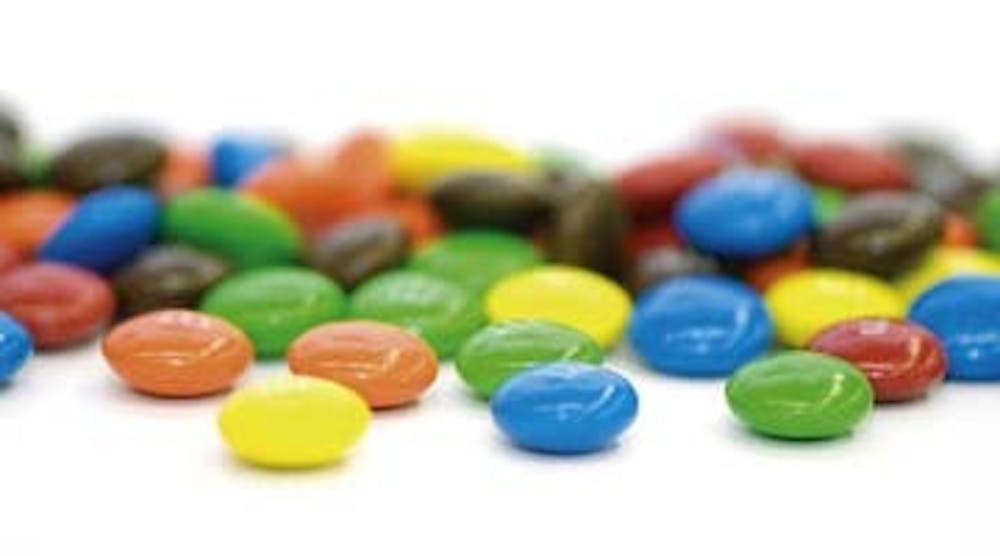
Philadelphia may be best known for its cheesesteaks, but Penn researchers have given chocolate a home here as well.
No, not M&Ms; and hot cocoa. Their research has uncovered a much more primitive form of chocolate - one that has earned widespread acclaim as the earliest known use of the cacao plant.
Penn anthropology professor Patrick McGovern and Cornell's John Henderson discovered cacao remnants on ancient drinking vessels that can be traced to the Mayans as long ago as 1400 B.C.
The researchers say this gives them major clues about the history of Mayan culture and about how chocolate has been used throughout history.
Unlike modern chocolate, the remnants they found represented a beverage produced from the fruit of the cacao plant, not the beans.
"The sweet pulp was what would have enticed them," McGovern said of the Mayans. "In ancient times, wine was the beverage of kings," but before that, they now know, "chocolate was the beverage of choice."
"It's quite different from hot cocoa," he said. Because of this unique use of the cacao, the fruit fermented and the drink contained about as much alcohol as modern barley beer.
The finding builds on work Penn Museum researchers have been doing for years, tracing the history of foods like chocolate and alcoholic drinks. But McGovern and Henderson's discovery is unique because it is a major departure from previous thoughts about chocolate's earliest uses.
"This type of research has been a specialty of the museum," explained Jeremy Sabloff, the Christopher Brown Distinguished Professor of Anthropology. He noted that Penn has also been responsible for key findings about alcoholic drinks, such as the discovery of wine in China dating back 7,000 years.
Nor is this the museum's first look at chocolate. Penn researchers have been responsible for learning about a frothy chocolate drink consumed by the Mayans centuries later, which was both inhaled and drunk.
Sabloff said learning about the transition between the two types of drinks could coincide with broader findings about Mayan culture in general.
"Our knowledge of ancient Maya civilization has been advancing recently," he said.
He noted, though, that there is still much research to be done on the chocolate.
According to McGovern, recreating the drink has been a difficult task because they have not yet found a way to transport the cacao plant back from Central and South America to labs in Pennsylvania before it spoils.
As a solution, they have called upon Dogfish Head Brewery in Delaware to simulate the drink using dark chocolate.
"I think it would still have a mild chocolate flavor, but it will be quite different from anything we can imagine," McGovern said.
"It takes a lot of work" to do this kind of research, he explained. "But with something as fun as chocolate, it's a project that's always interesting."
The Daily Pennsylvanian is an independent, student-run newspaper. Please consider making a donation to support the coverage that shapes the University. Your generosity ensures a future of strong journalism at Penn.
DonatePlease note All comments are eligible for publication in The Daily Pennsylvanian.







